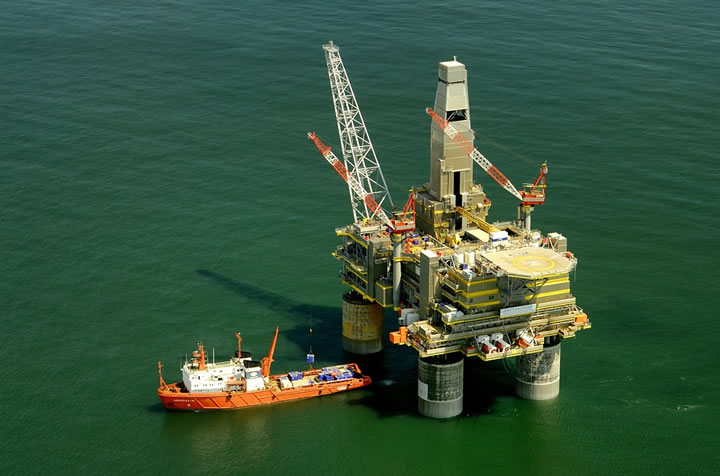How Will Falling Oil Prices Impact on Climate Change?
Commodities / Climate Change Apr 05, 2017 - 06:16 PM GMTBy: Submissions
 The state of the oil market has remained a talking point for months now, after prices plummeted and supply lines increased for the third consecutive year in 2016. While the OPEC has finally taken action and attempted to broker separate deals between member and non-member nations, there remain some concerns that a lack of universal cooperation will ultimately doom these agreements to failure.
The state of the oil market has remained a talking point for months now, after prices plummeted and supply lines increased for the third consecutive year in 2016. While the OPEC has finally taken action and attempted to broker separate deals between member and non-member nations, there remain some concerns that a lack of universal cooperation will ultimately doom these agreements to failure.
While leading oil producers Iran have already baulked at the proposed OPEC cap of 1.2 million barrels per day (bpd), for example, non-affiliated nation Russia are also thought to have issues with the lower limit of 600,000 bpd. Similarly, non-OPEC member Kazakhstan are keen on actively increasing their output in 2017, as part of a wider growth project and government infrastructure expansion. This ongoing issue has already had a cumulative economic impact, creating noticeable volatility for currency traders and exposing worrying, geopolitical disputes as well as impacting on international money transfers.

If Oil Prices Remain Low, Will This Take a Toll on Climate Change and the Use of Natural Gas?
Of course, the main aim of the OPEC-imposed cap is to create a greater equilibrium within the market, while ensuring that prices are balanced, fair and competitive. Without the cooperation of all OPEC and non-OPEC nations, however, supply will continue to outstrip demand and keep prices below their desired level (and far removed from previous peaks).
Interestingly, a new study in Nature Energy has suggested that excess supply and low price points in the oil market will also impact negatively on the burgeoning, natural energy sector. This is because greater accessibility and consistently low prices tend to trigger higher levels of oil consumption, which in turn increases carbon emissions and limits the opportunity for natural gas and energy. In fact, low prices could increase emissions by an estimated 36.5 gigatonnes (Gt) each year, regardless of the financial incentives or caps imposed by public agencies.
It is hard for natural gas and energy supplies to compete with the availability and affordability of oil in the current market, and this trend is likely to continue further in the near-term future. After all, the cost of harnessing natural gas has historically proved to be exorbitant, particularly in comparison with the less efficient but more familiar and cost-effective fuel alternatives. Conversely. There are concerns that Australia is currently allowing firms to pump natural gas too cheaply as part of its large-scale, LNG (liquefied natural gas) project, in a bid to compete with the oil market and recoup some form of ROI.
The Bottom Line and the Future for Renewable Energy
With supply continuing to outstrip demand in the oil market (and as nations struggle to leverage the potential profitability of natural gas alternatives), we are likely to see higher carbon emissions in the near-term future. This is bad news for the environment and climate change as a whole, as we are unlikely to see the widespread adoption of natural fuel until it is able to provide cost benefits to professional and personal users alike.
This represents just the tip of the iceberg for global climate change, particularly given the position of incoming U.S. President Donald Trump and his decision to fill his cabinet with renowned environmental sceptics. Remember, the U.S. remains a leading supplier and importer of oil and fossil fuels, so Trump's premiership is likely to see the marginalisation of natural energy sources. The discovery of the Wolfcamp Shale oil site in Texas is also bad news, as this is thought to be the largest single site of its type in North America and will increase supply extensively in the longer-term.
Disclaimer: This is an paid advertorial. This is a matter of opinion provided for general information purposes only and is not intended as investment advice. Information and analysis above are derived from sources and utilising methods believed to be reliable, but we cannot accept responsibility for any trading losses you may incur as a result of this analysis. Individuals should consult with their personal financial advisors before engaging in any investing and trading activities.
© 2005-2022 http://www.MarketOracle.co.uk - The Market Oracle is a FREE Daily Financial Markets Analysis & Forecasting online publication.



